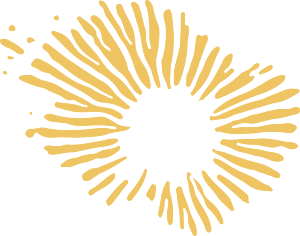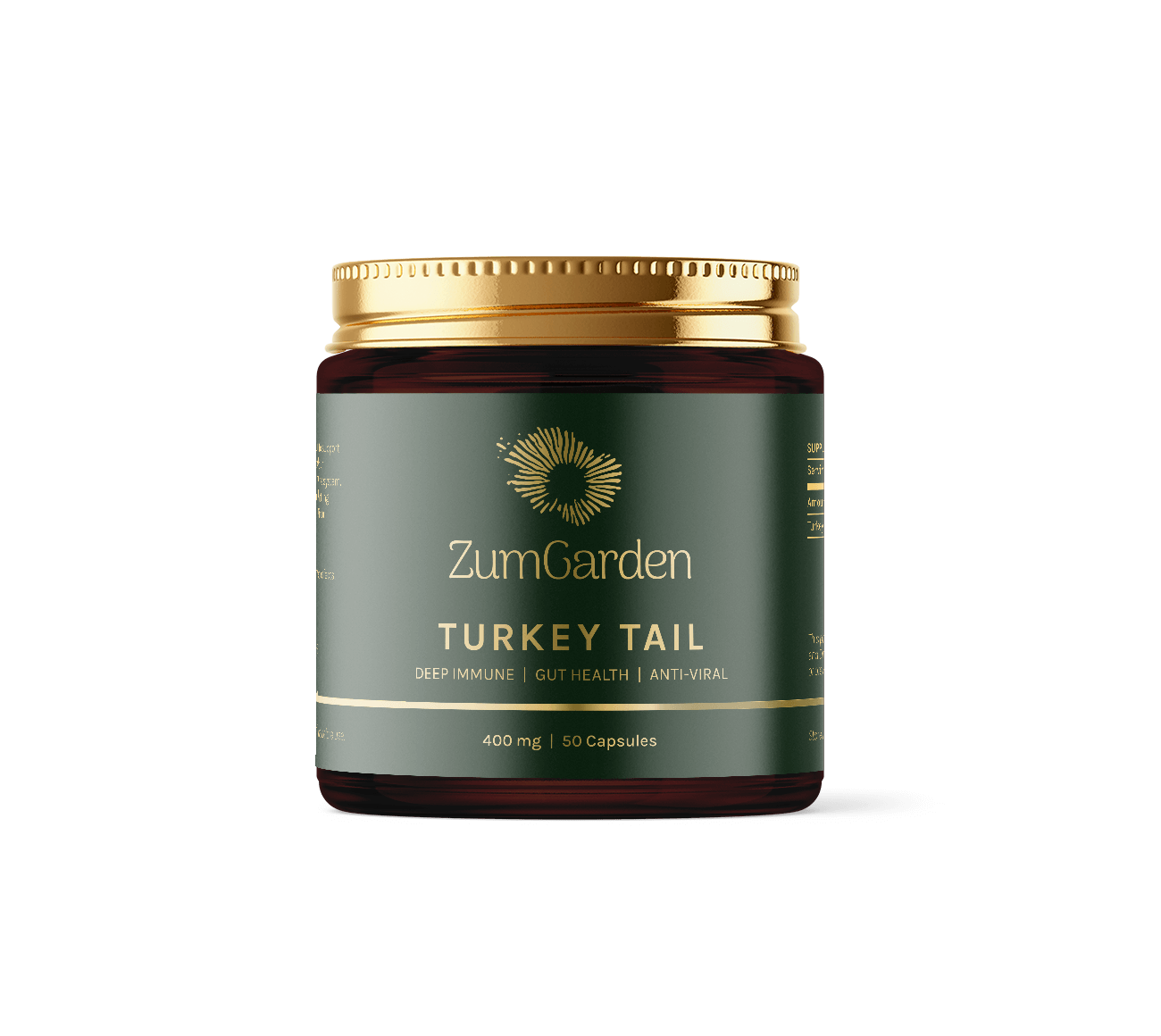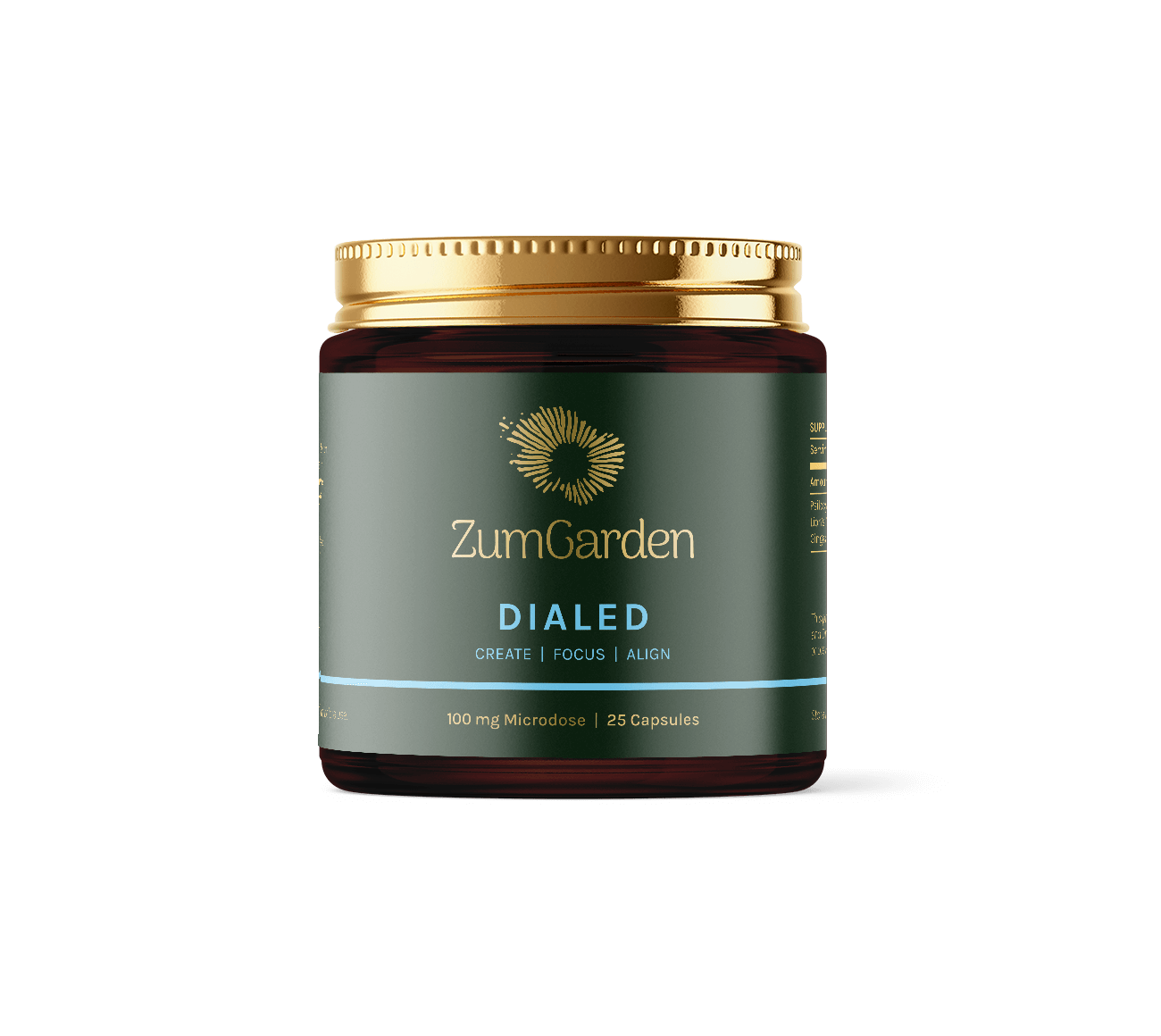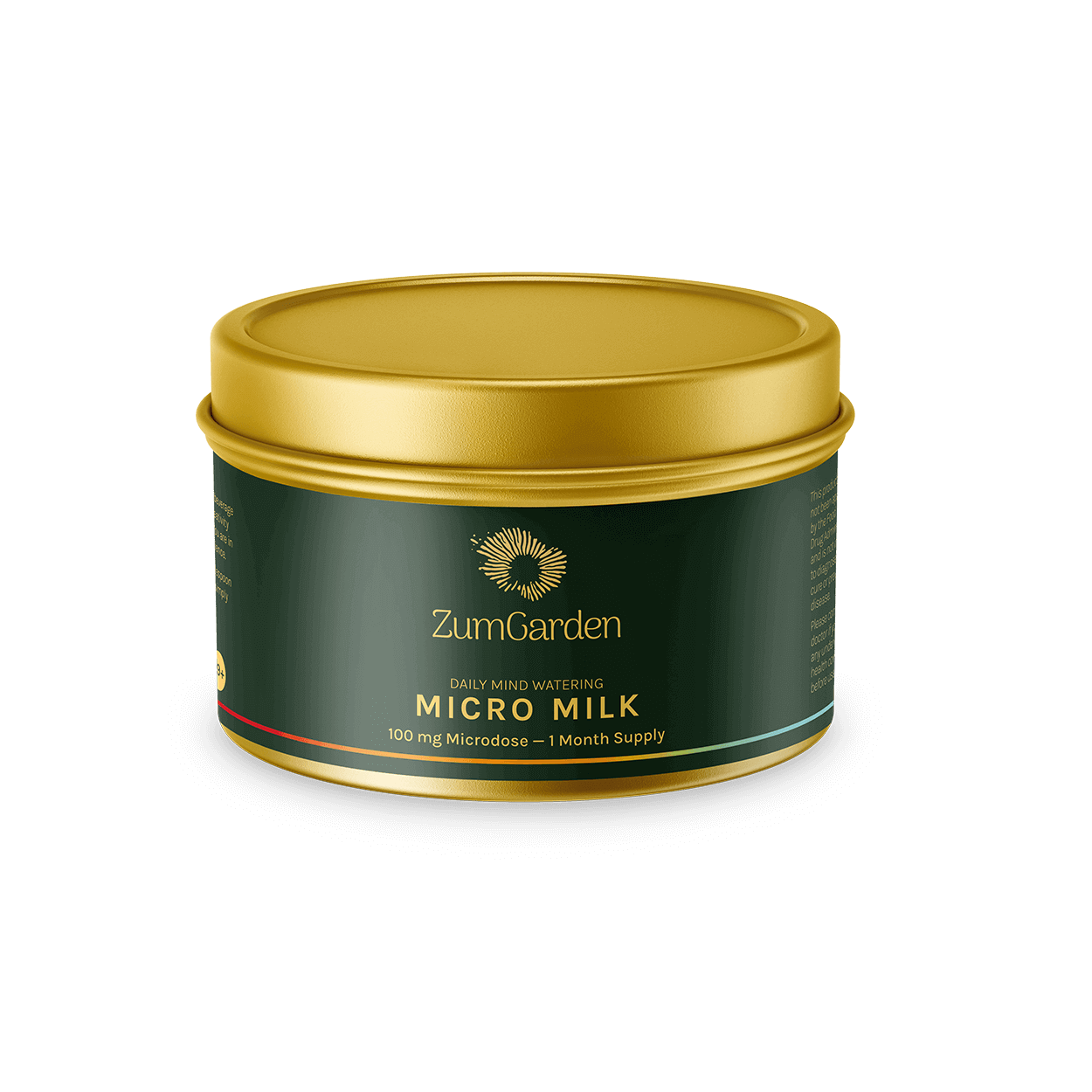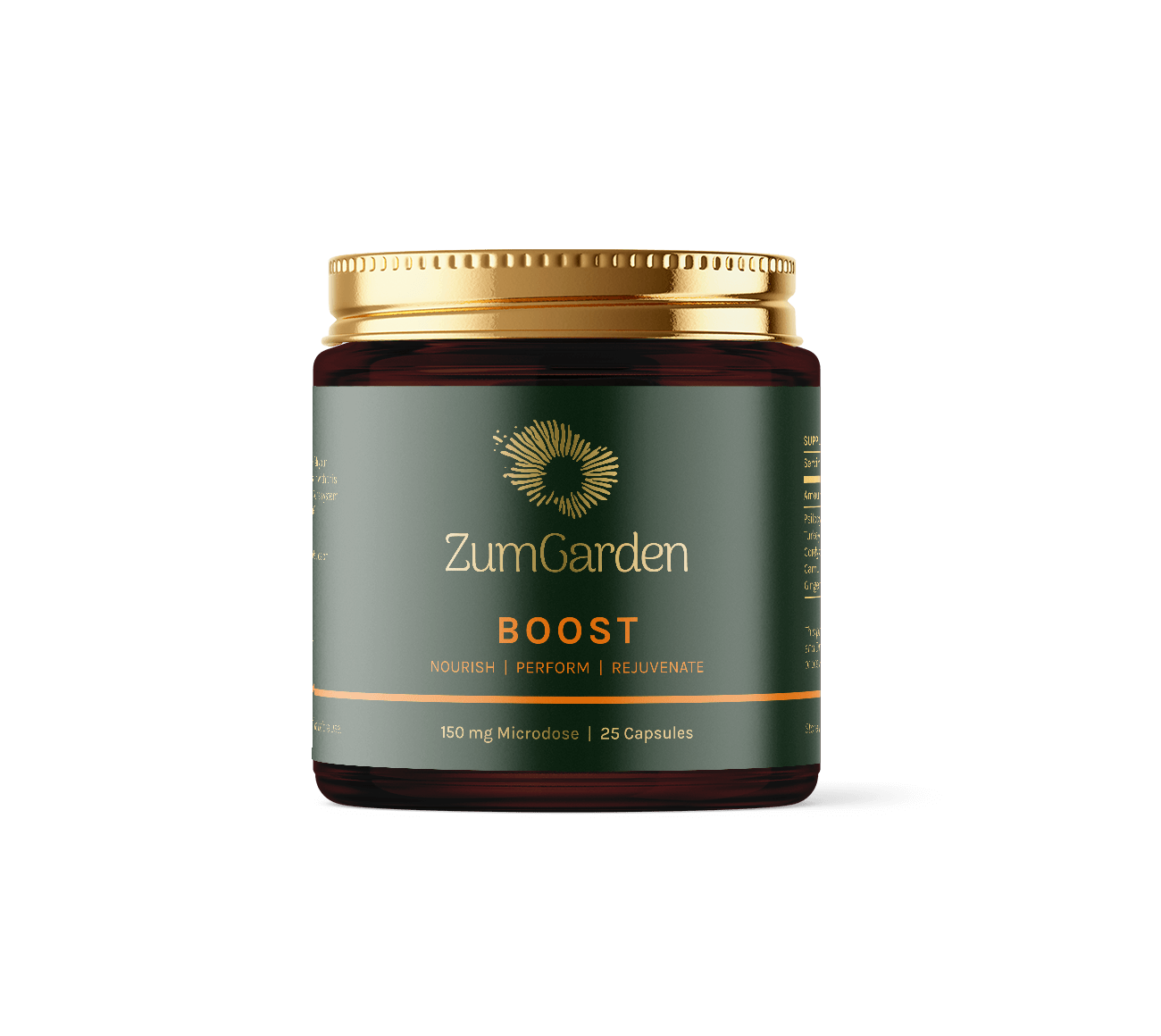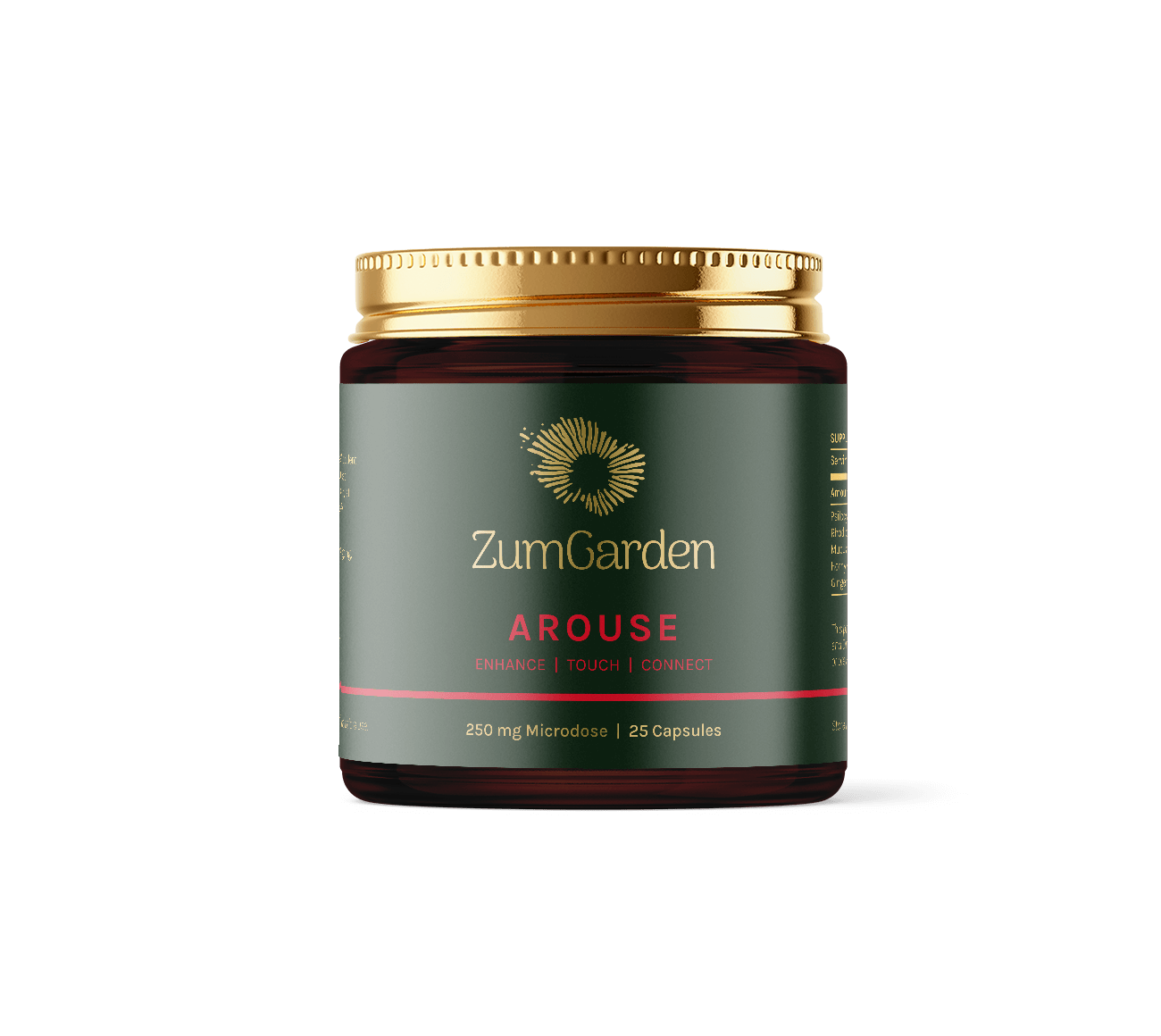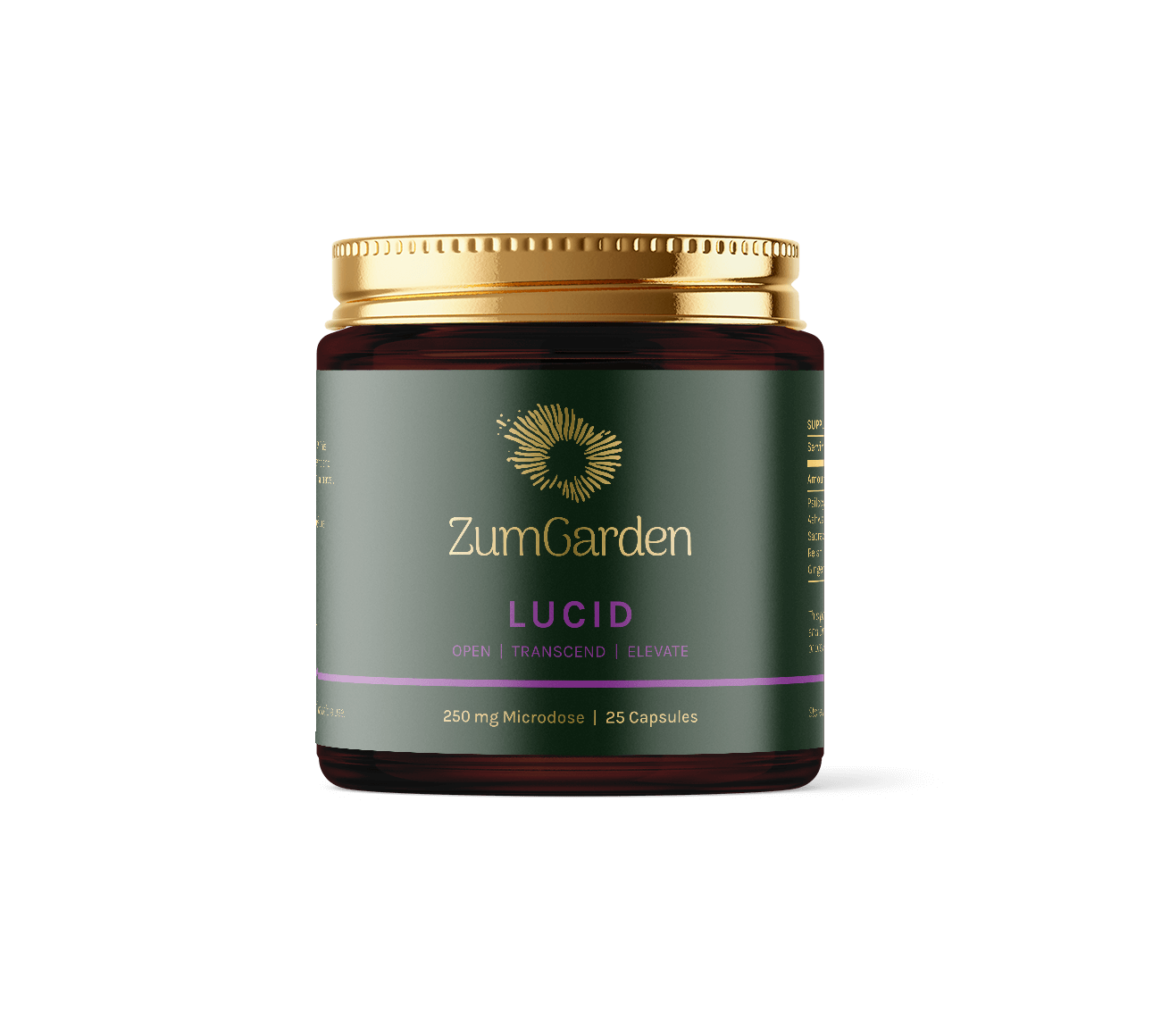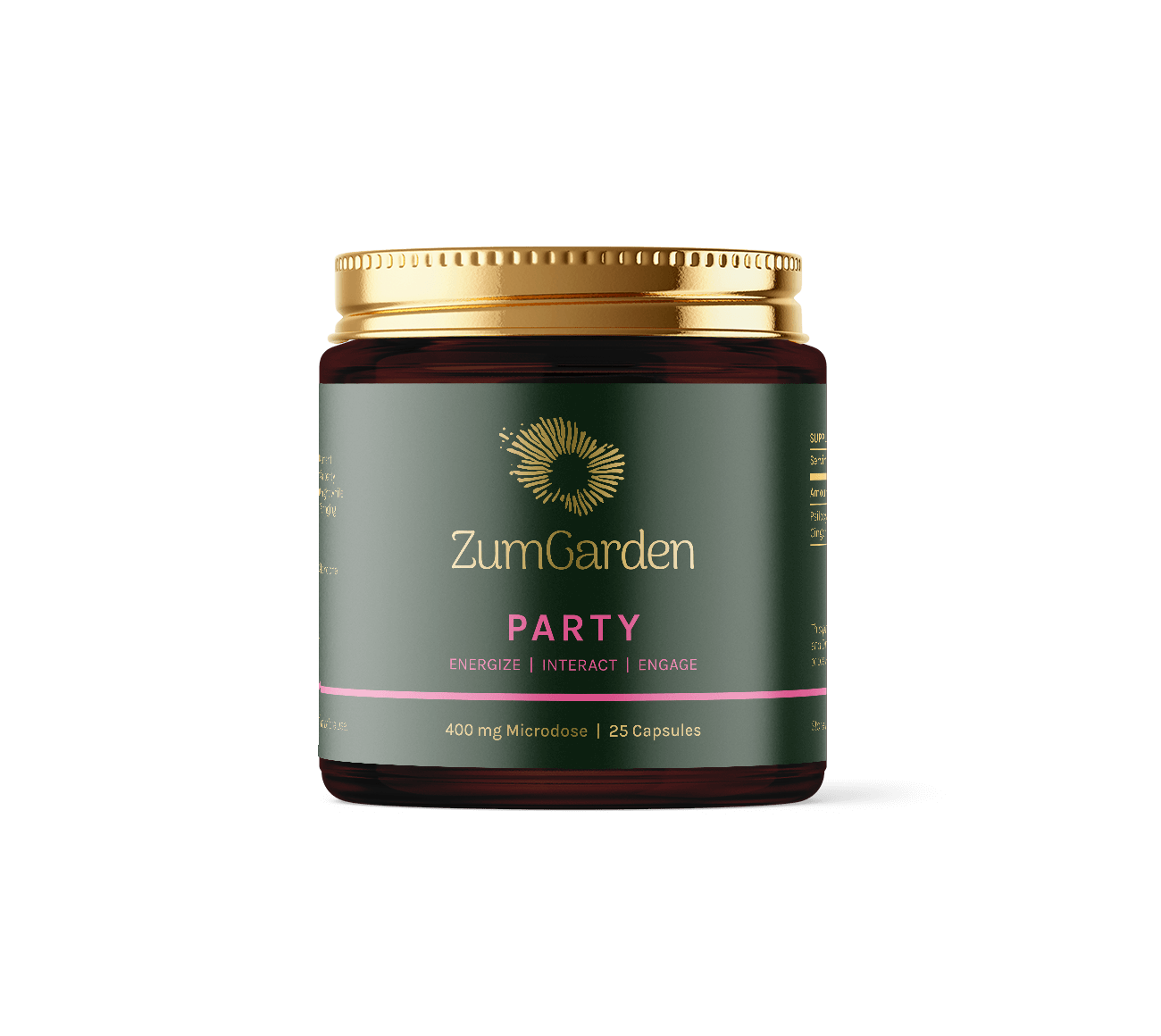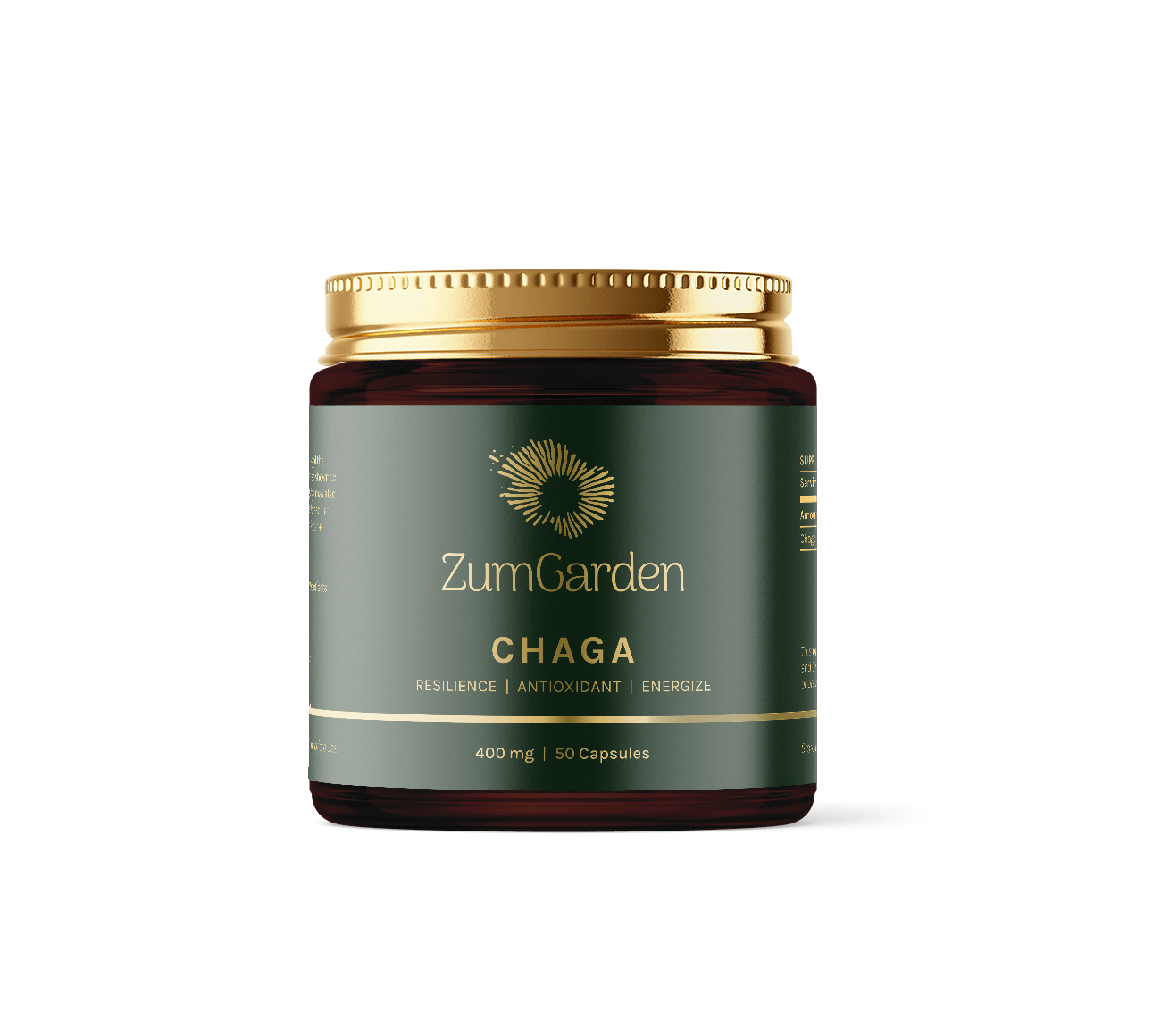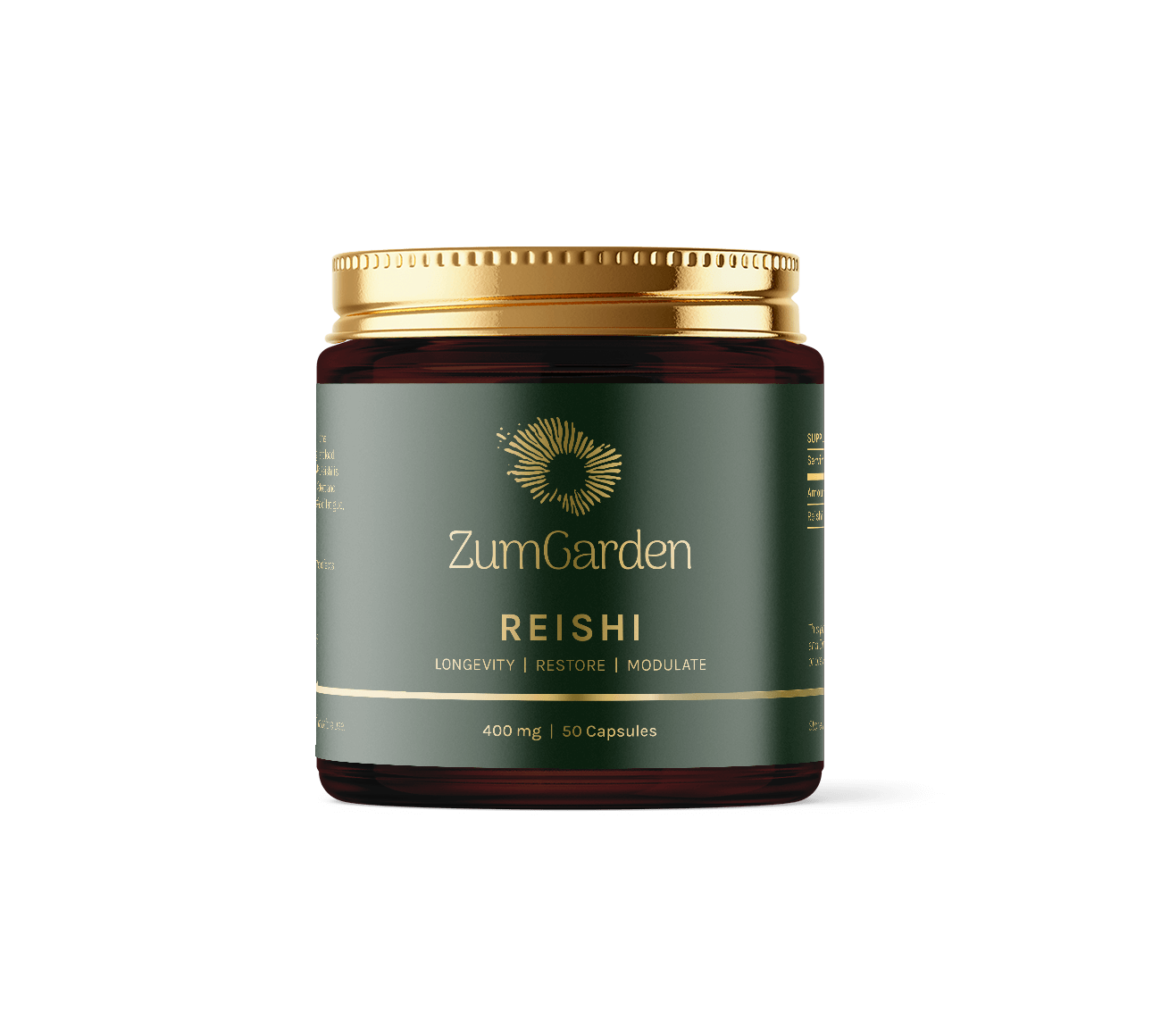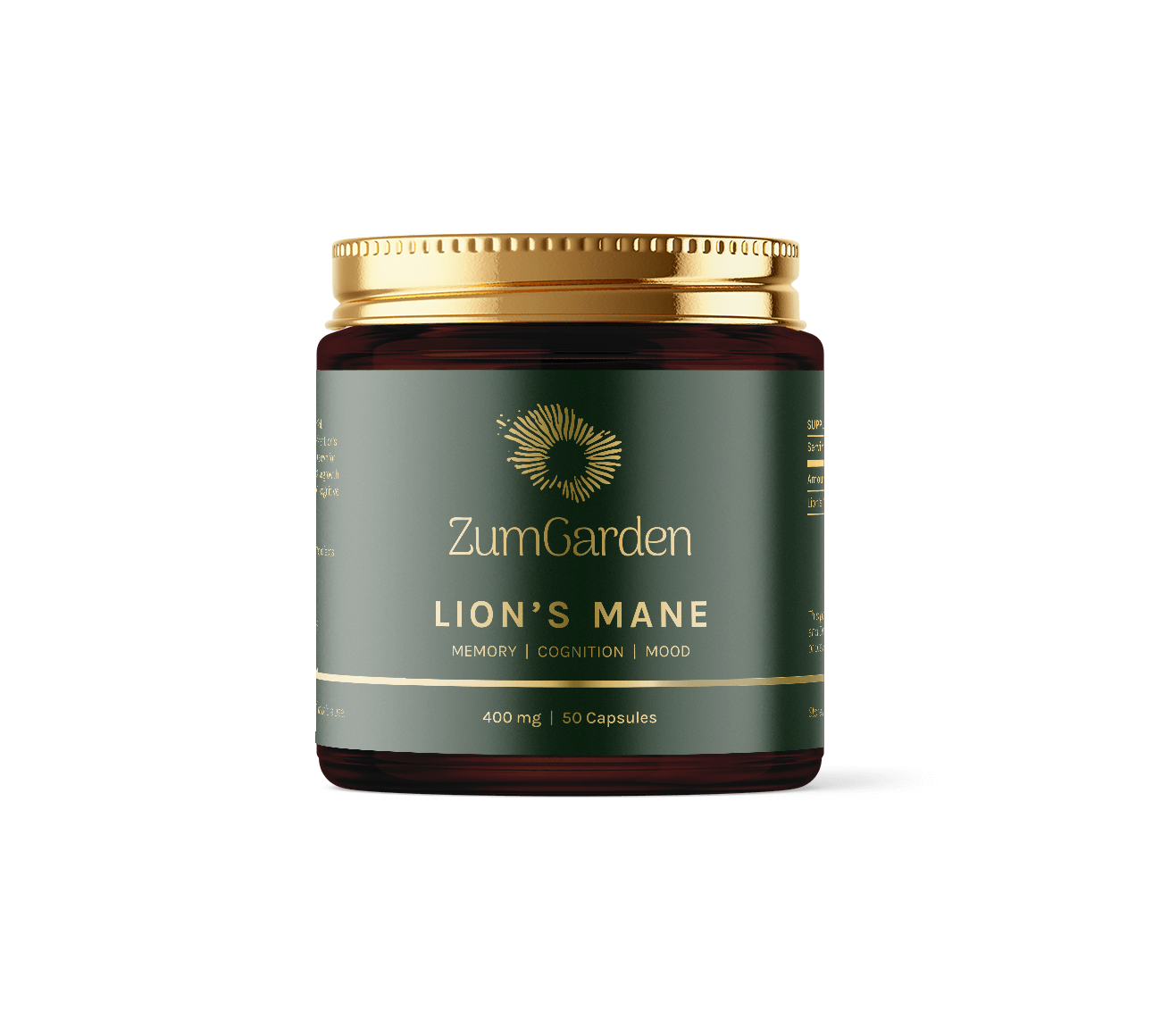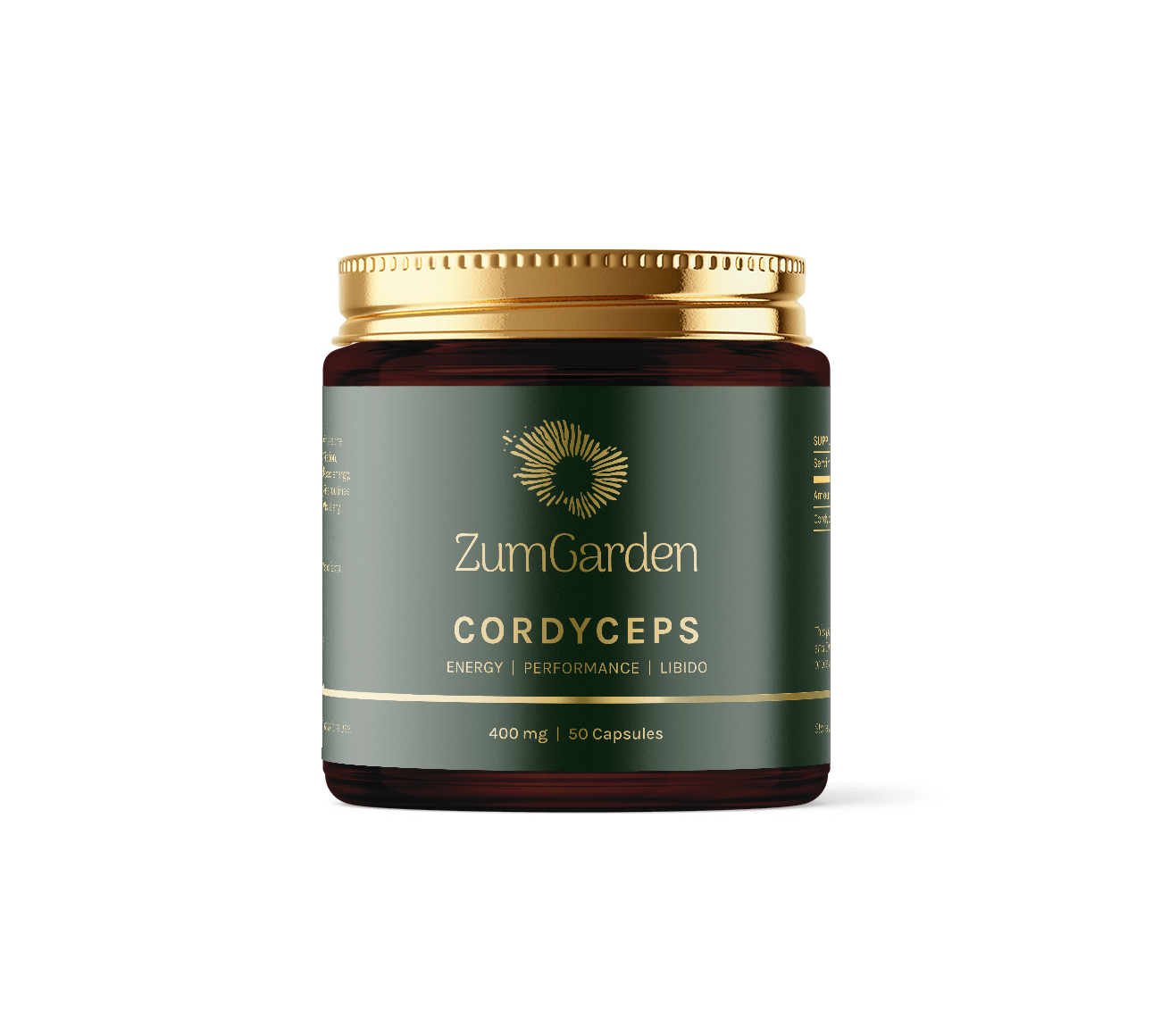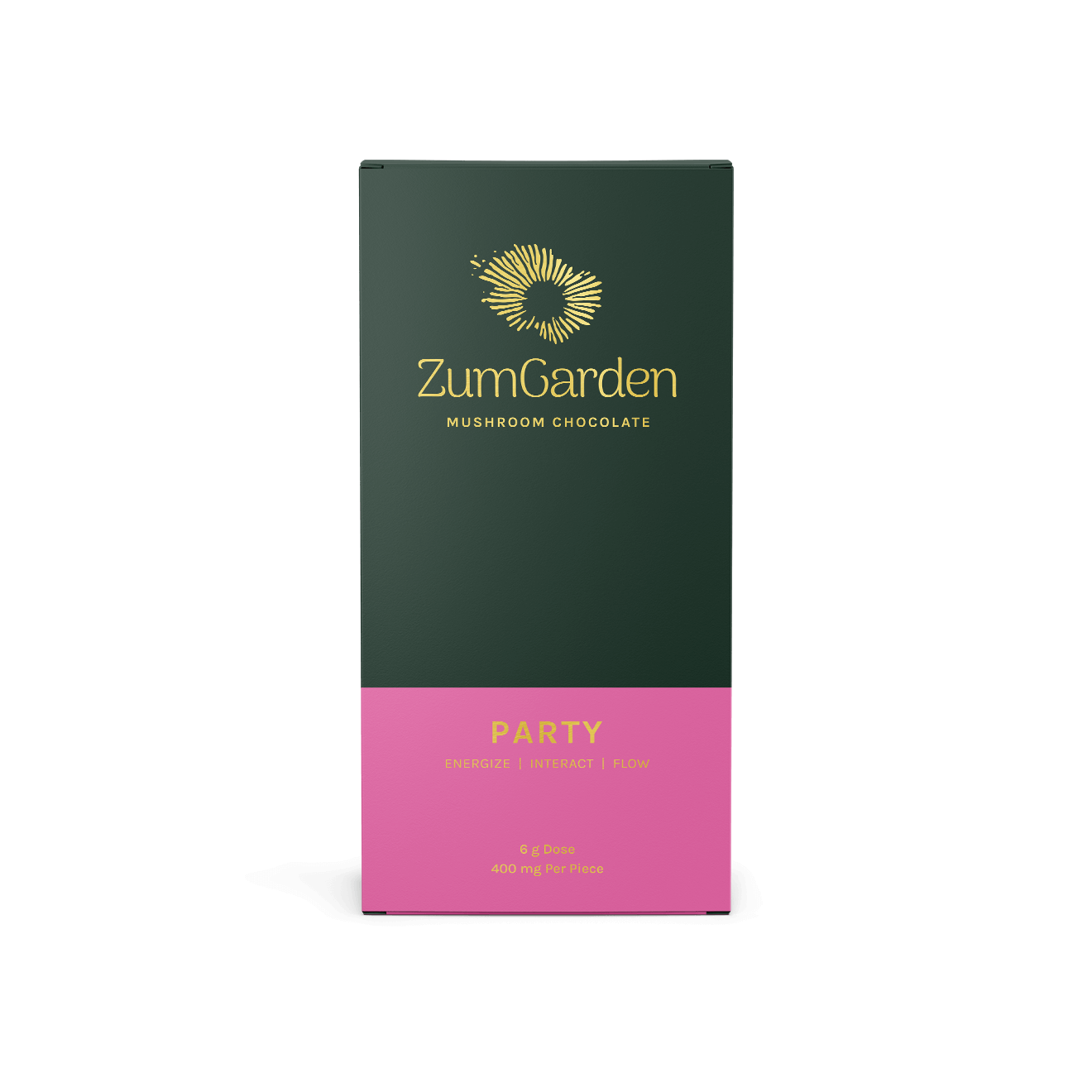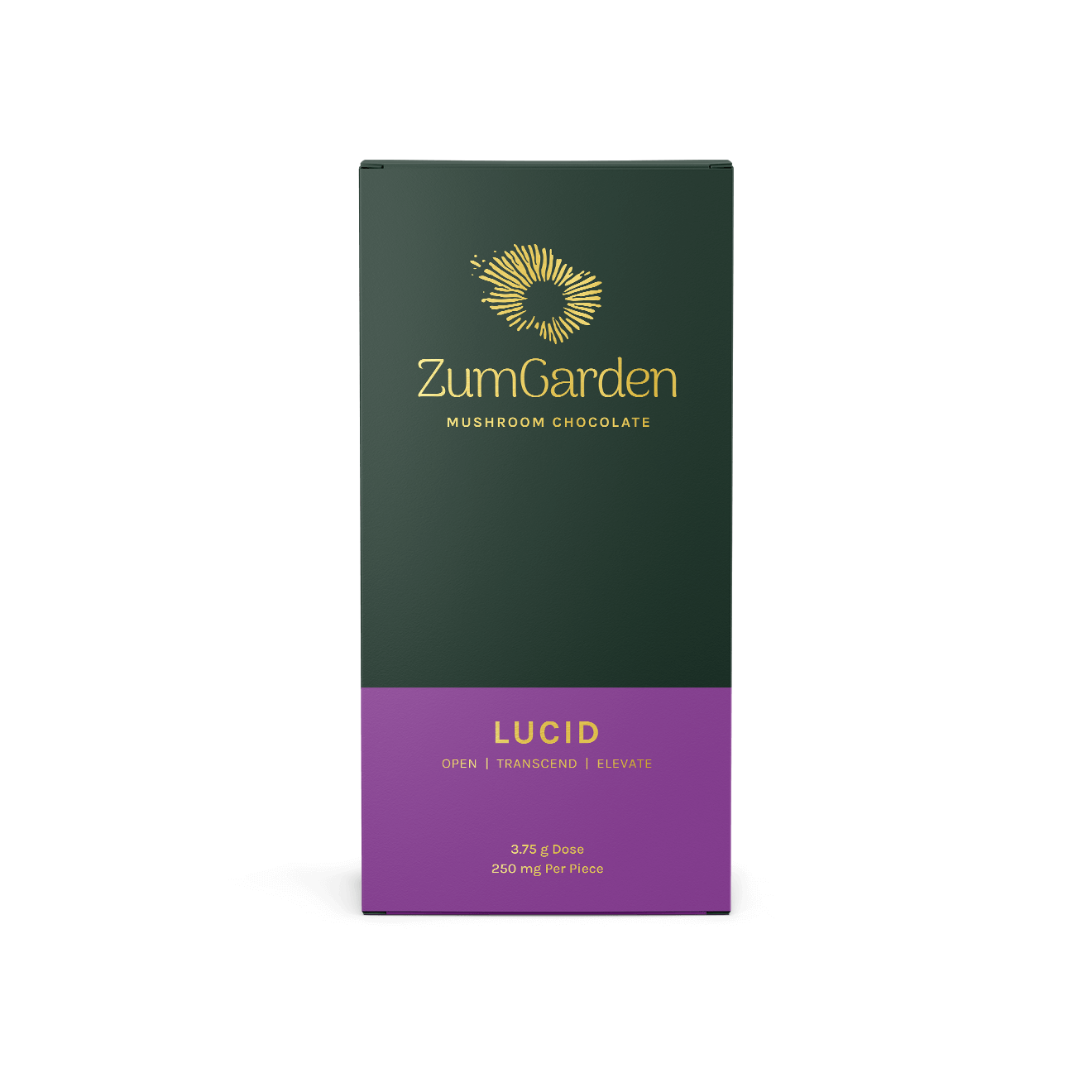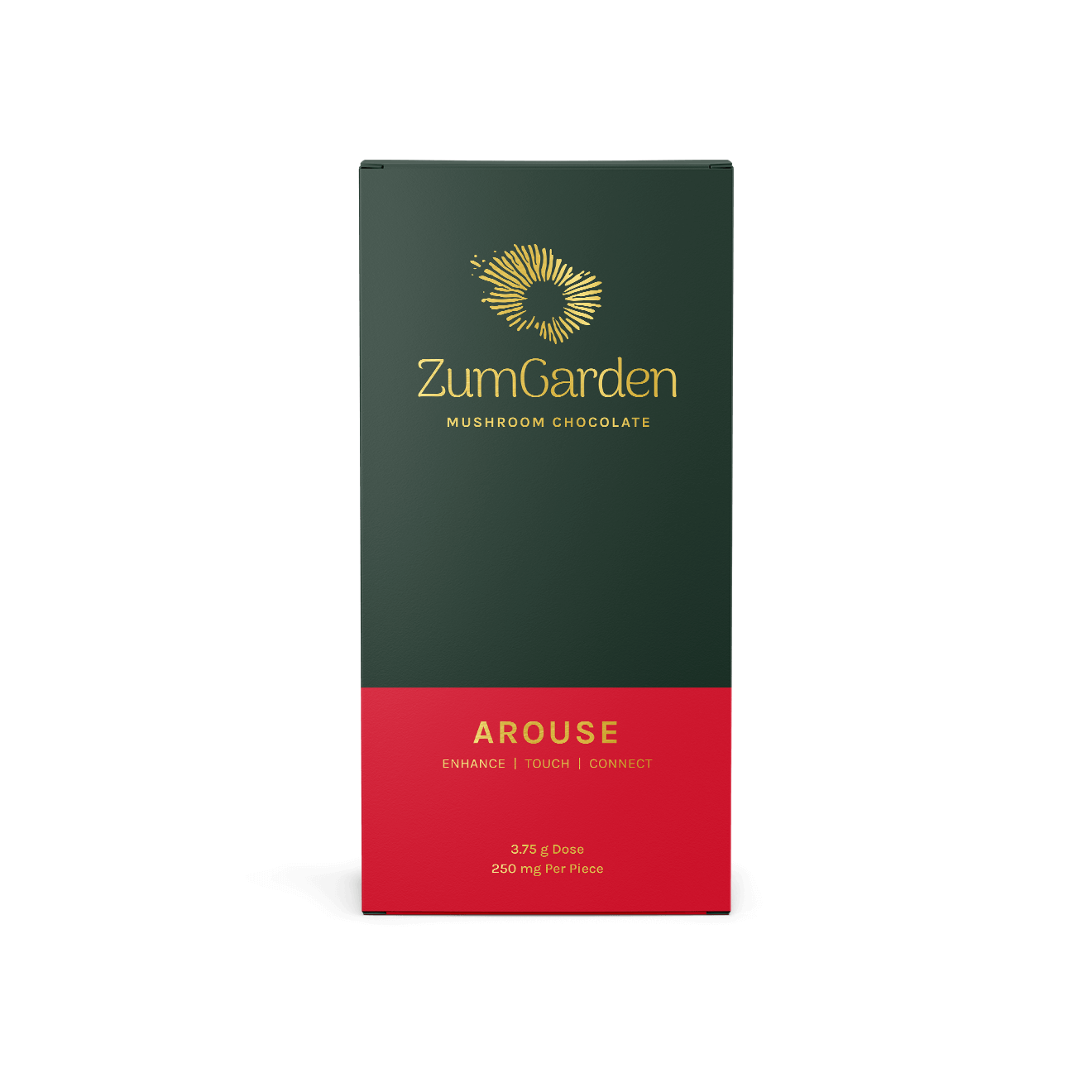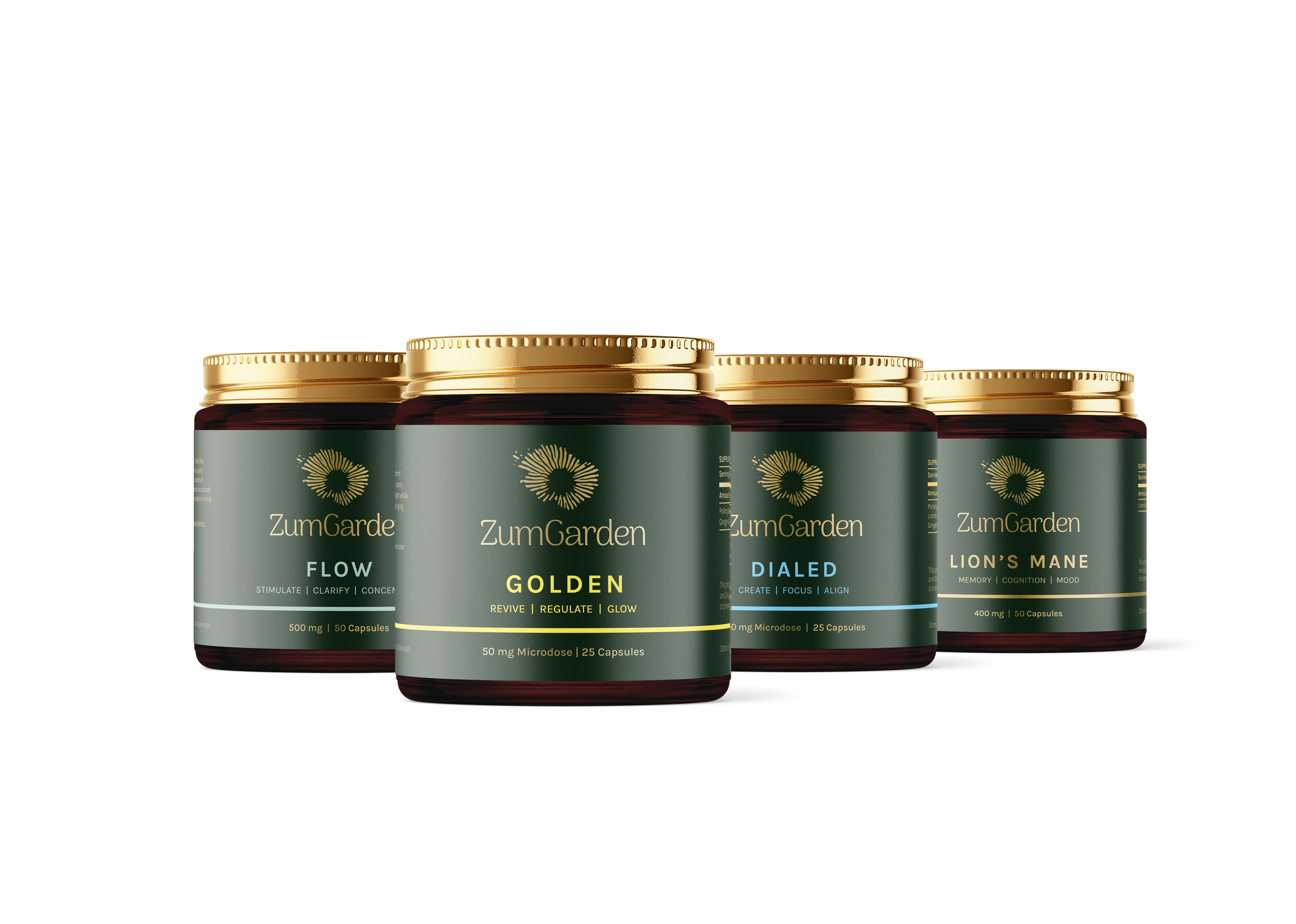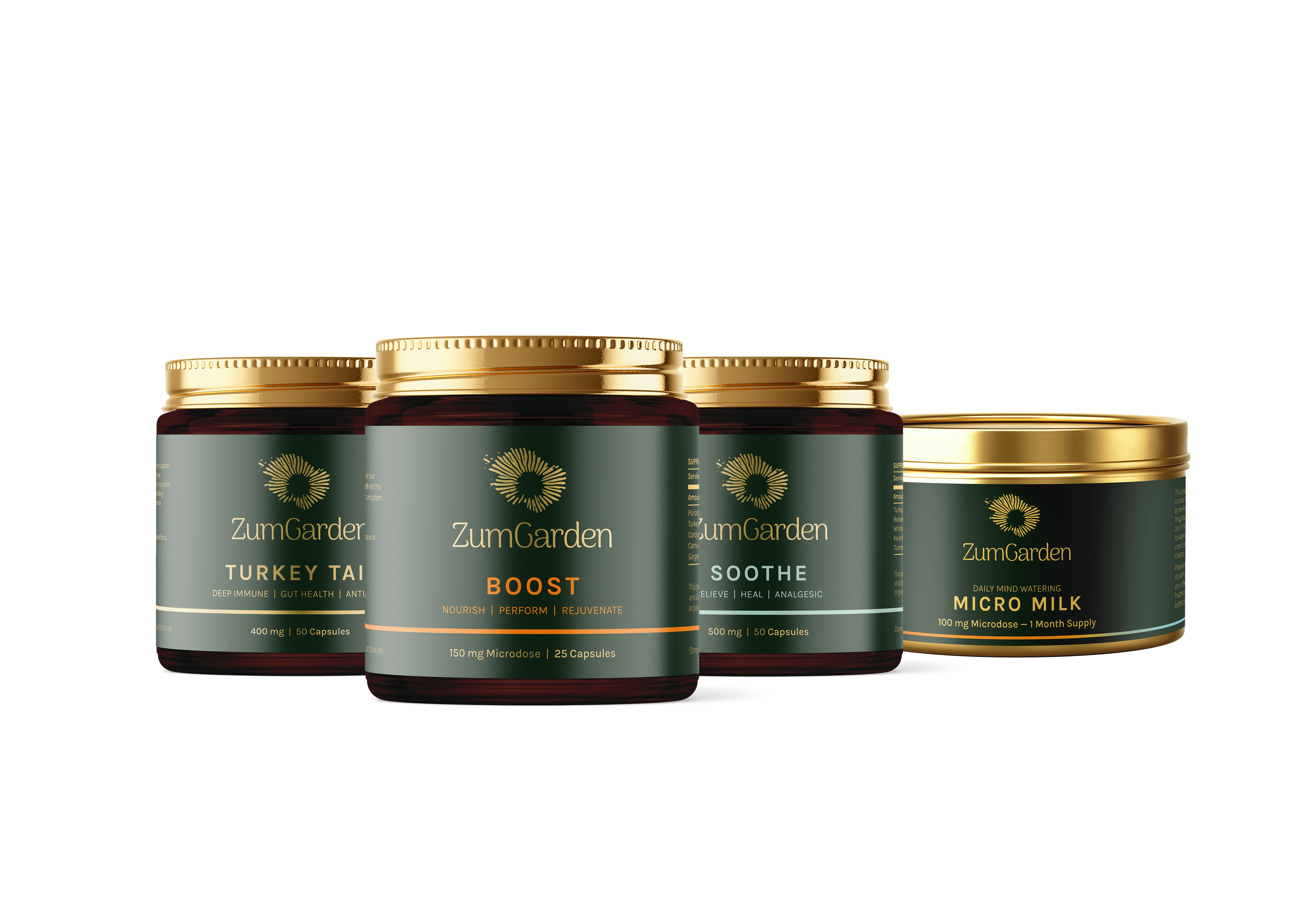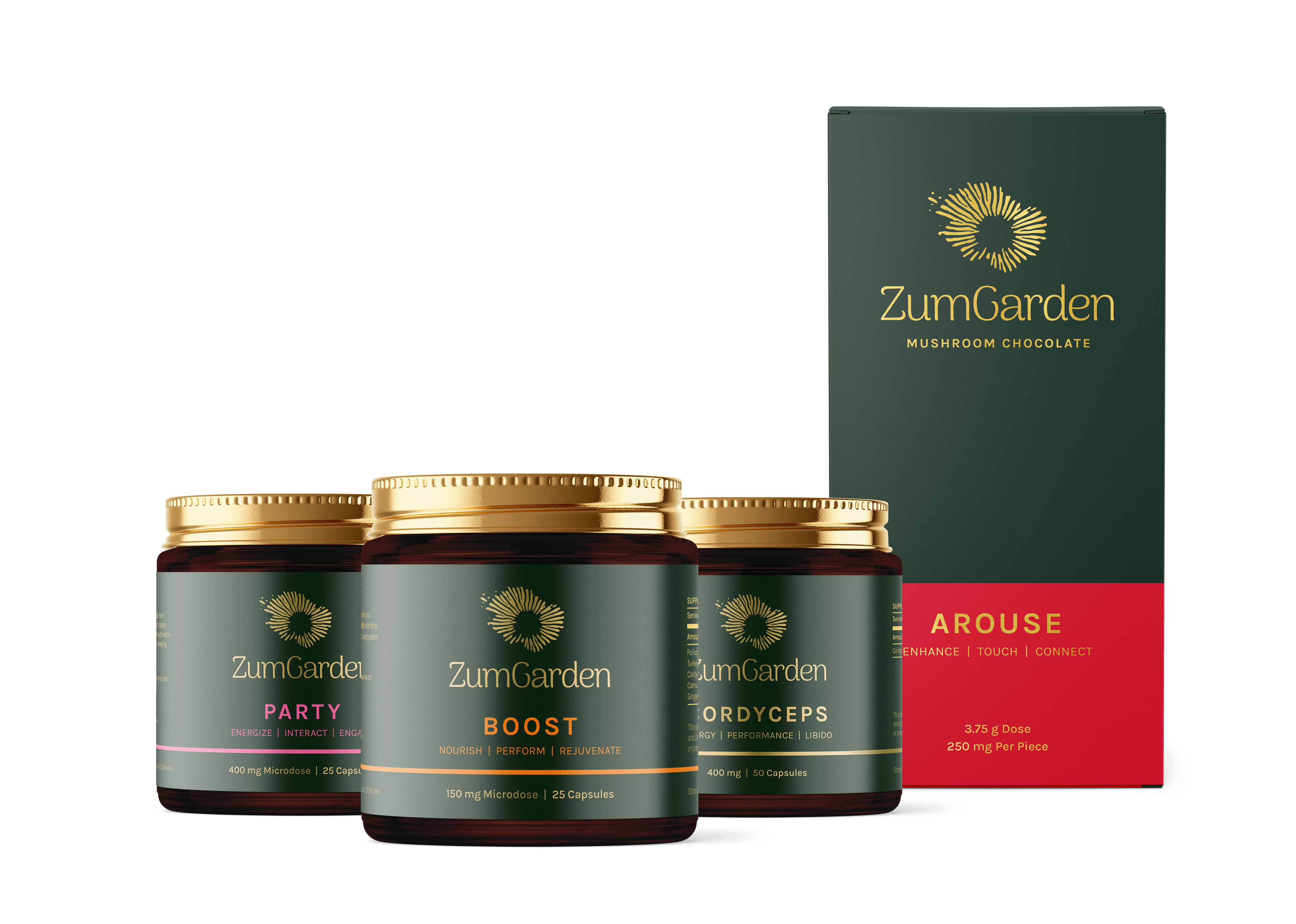The Wisdom of Not Knowing
“I don’t know.”
Three words that make most people uncomfortable. Three words we’ve been trained to avoid at all costs.
In school, “I don’t know” meant failure. In meetings, it suggests incompetence. In relationships, it feels like weakness.
But here’s a radical thought: “I don’t know” might be the most intelligent thing you can say.
And psilocybin? It’s a master teacher in the art of not knowing—showing you that uncertainty isn’t your enemy, it’s your gateway to growth.
The Tyranny of False Certainty
We live in a culture obsessed with having answers:
- Politicians who claim to know exactly what's wrong and how to fix it
- Social media experts with definitive opinions on everything
- Self-help gurus promising foolproof formulas for success
- News cycles that present complex issues as simple black and white
But here’s what nobody talks about: most of our “certainty” is just well-disguised anxiety.
We cling to beliefs, opinions, and identities not because they’re true, but because uncertainty feels scary.

How Psilocybin Teaches Comfortable Uncertainty
One of the most profound gifts of microdosing is how it softens your need to know everything.
You start to notice:
- How much energy you spend defending positions you're not even sure about
- How refreshing it feels to say "I'm still figuring that out"
- How curiosity is more interesting than conclusions
- How questions often matter more than answers
It’s like psilocybin whispers: “What if you didn’t have to have it all figured out?”

The Three Types of "I Don't Know"
1. Humble “I Don’t Know” “I don’t have enough information to form a solid opinion yet.” (This is wisdom)
2. Curious “I Don’t Know” “I’m genuinely interested in learning more about this.” (This is growth)
3. Comfortable “I Don’t Know” “Some things might remain mysterious, and that’s okay.” (This is peace)
Each type opens different doors to understanding.
Try This: The “I Don’t Know” Experiment
For one week (ideally including a microdose day), practice saying “I don’t know” more often:
- When someone asks for your opinion on something you haven't deeply considered
- When you catch yourself making assumptions about people's motivations
- When facing a decision where multiple options seem valid
- When discussing topics where you have strong feelings but limited expertise
Notice what happens when you stop pretending to know things you don’t actually know.

The Liberation of Intellectual Humility
Here’s what changes when you embrace not knowing:





Plus, people trust someone who admits their limitations more than someone who pretends to be all-knowing.
The Mystery as Teacher
Some of life’s biggest questions might not have answers—and that’s beautiful:
- What happens after we die?
- What's the purpose of suffering?
- How does consciousness work?
- Why do we fall in love with who we do?
- What's the meaning of existence?
Psilocybin often shows you that the mystery itself is the point. That wonder, awe, and not-knowing are features of existence, not bugs.

Final Thoughts
The wisest people aren’t those with the most answers—they’re those most comfortable with questions.
In a world drowning in false certainties and overconfident opinions, admitting you don’t know something is an act of courage.
Psilocybin doesn’t give you answers—it makes you comfortable with the questions.
And sometimes, that’s exactly what you need.
So…what are you pretending to know that you actually don’t?
🤷♀️ Get comfortable with uncertainty
❓ Ask better questions
🌊 Flow with the mystery
Until next time,
Mushie Media of the Week:
“Jim Fadiman and Jordan Gruber – Microdosing: Everything You Need to Know”
by: Zach Leary







